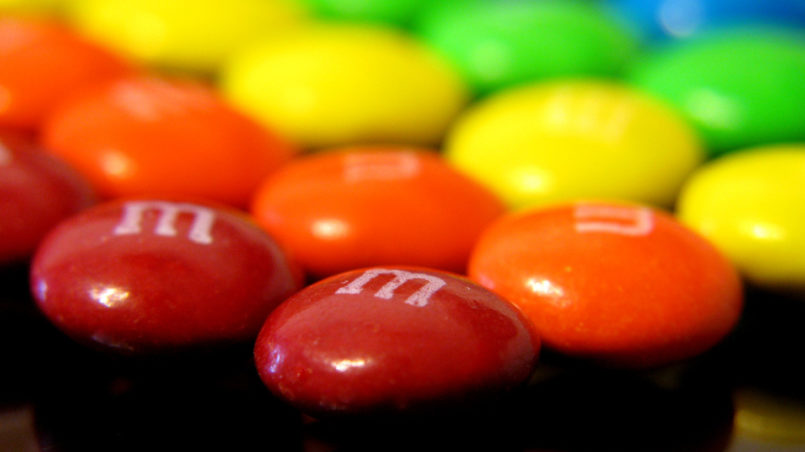Recognising Emotional Eating

I have always been an avid foodie since childhood. Food was my first love and I realised this a long time ago. The first thing that comes to my mind when I wake up every day is “breakfast” and I would think about what my mom might have prepared. And I would declare a day good or bad depending on what I got to eat that whole day. My love of food was exasperating for my mother, as she had to invest a lot of time and energy into preparing healthy but tasty food for me. Because otherwise, I would grumble the whole time. In short, delicious food was a way to keep me in a good mood.
Now, I recognise how frivolous I was all those years. But to be very honest, I still think about food when I wake up in the morning. And if my taste buds are not treated well on a particular day, I really do feel low.
An outing, festival or any sort of celebration for me is an opportunity for me to satisfy my taste buds. At times, I used to feel weird about my love for food but I never realised that there might be some real problem as well. Moreover, nowadays, food and drink play a huge role when it comes to socialising. Whenever we have to sit and spend some time with a friend, colleague or for that matter with anyone, food and drink play a pivotal role. There has to be some drink or food, irrespective of the need for it. It sometimes seems that food and the time spent eating or drinking fills some kind of void in-between the conversations. So, most of us end up eating or drinking whenever we meet someone. And now it seems like we have to order some food or drink, whenever we are to meet anyone. I am not sure if it works like this all over the world, but I have really observed this trend around me.
However, as I grew up and with the burgeoning stress that comes with adulthood, I was baffled to realise that my love for food had increased manifold and that I was eating most of the time and especially at odd hours. After some introspection, I realised that I always use food for emotional relief. I eat whenever I am under stress to make myself feel better. In fact, whenever I am angry, upset, lonely, bored or exhausted, I turn to food. And the desire to eat during such moments becomes so powerful that I cannot rationalise the fact that I am not hungry and might have eaten recently.
I live on a university campus, where canteens are open all throughout the day. And it is very normal for almost all students here to eat food after midnight with the favourites being junk food, sugary snacks as well as tea and coffee. I never cared how unhealthy it really is to consume junk food after midnight. And I too would eat junk food at 3 or 4 in the morning under the pretext that I was studying all night at times and so I needed food. But over time I realised that I was not eating because I was physically hunger but I was rather indulging in emotional eating.
Over time and with a lot of introspection, I have come to understand that at times many of us tend to mistake emotional hunger with physical hunger. But the reality is that both are quite different from each other. And many people suffer from emotional eating without even realising it. Therefore, the first step is to acknowledge the problem of emotional eating and then to identify whether the urge arises from physical hunger or just a craving due to unpleasant feelings.
The first indicator of emotional hunger is its sudden onset. Whenever one is going through any kind of unpleasant feelings, one might feel a great urge to eat, which needs instant gratification. However, physical hunger occurs gradually and a person who is really hungry would never mind eating healthy homemade food. But try satisfying a person who is emotionally hungry with healthy food options like salad rather than with mouthwatering delicacies. I am sure they would not forgive you for your concern. Because emotional hunger can only be placated with junk food or sugary snacks which give us an instant rush.
Moreover, another way to identify emotional eating is when you tend to want more and more food until you are uncomfortably stuffed. Emotional hunger is like a strong craving that arises in the head rather than in the stomach. And after stuffing their stomach with food, an emotional eater feels guilty for consuming the unhealthy stuff and extra calories. But the guilt seldom translates into a conviction not to get trapped into the process again. And the cycle continues.
It might seem very simple for many that the realisation of this problem would pave the way to overcoming it. But believe me, it’s not that simple. For people like us, it is really a struggle to consciously control our eating habits. I’ve been working on it for a long time but an emotional turmoil finally pushes me back into that cycle.
The way out is constant mindfulness as well as a lot of conversation with your mind if you tend to succumb to such urges of emotional eating. There is no one foolproof way and different strategies help different people to overcome emotional eating. But the one thing which every individual should do is to try to identify where hunger arises: in the stomach or in the mind.
Credits
| Image | Title | Author | License |
|---|---|---|---|
 |
16237306687_6c902742ec_o | frankieleon | CC BY 2.0 |
